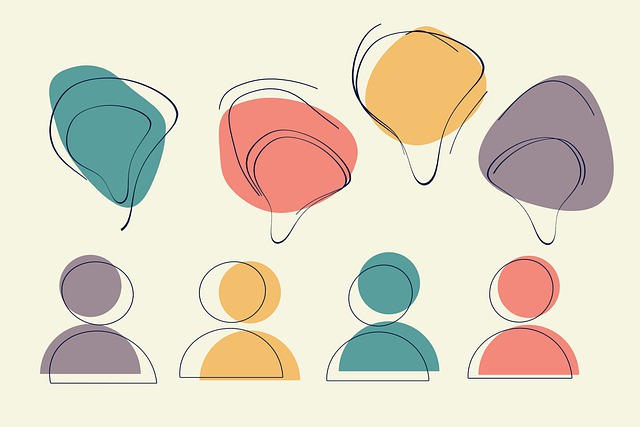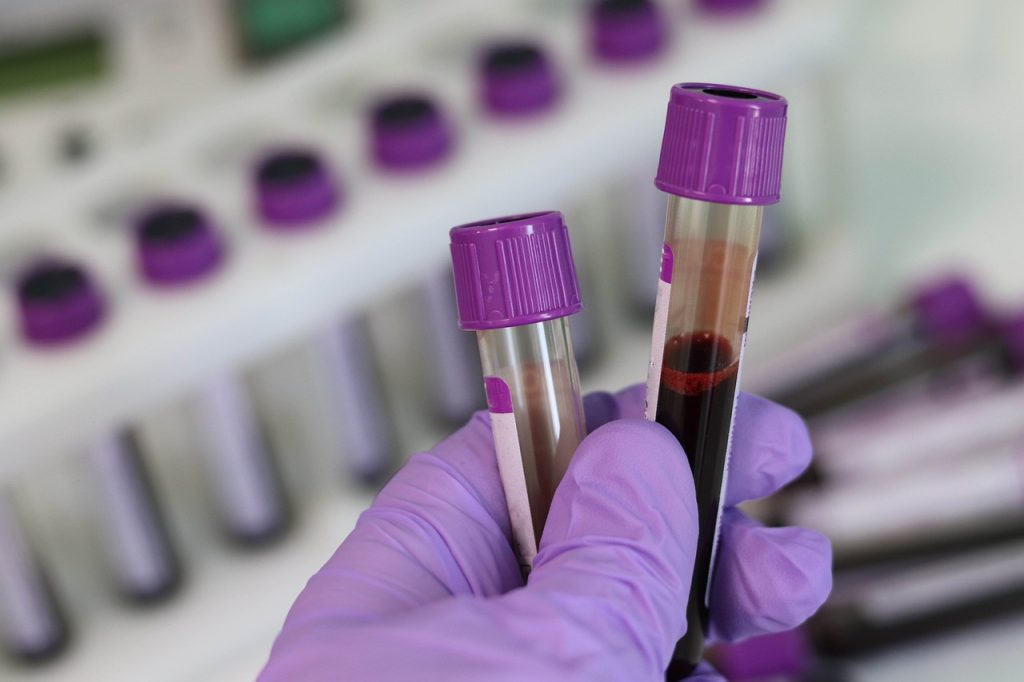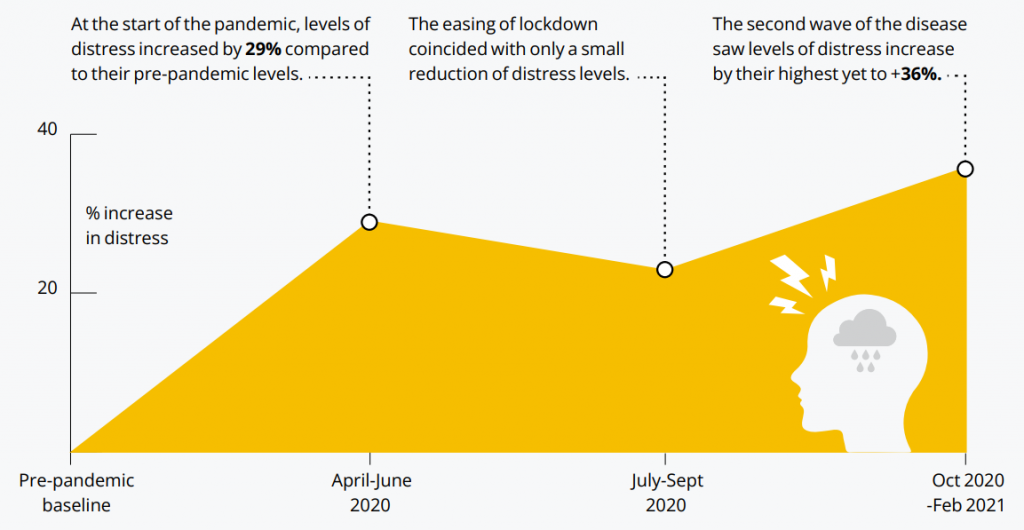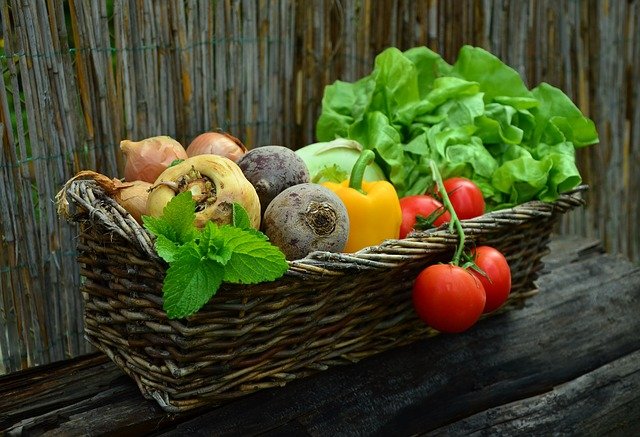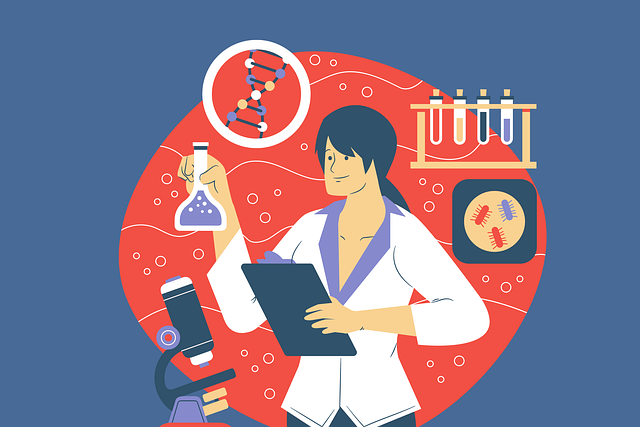Sabrina is a Assistant Clinical Research Practitioner, and is front of house for the recruitment of twins to our registry. Sabrina carries out any required health screenings to ensure the safety of participants. She handles any queries from twins and ensures they have all the necessary information about studies in order to provide informed consent. Sabrina also liases with other teams and departments to ensure the seamless running of TwinsUK.

What about your culture are you most proud about?
Being Moroccan and Irish, I am most proud of how welcoming and generous my people are. Morocco has a rich culture which has lasted millennia. I love hearing the mix of languages including Arabic, French, Spanish and Amazigh and enjoying the differences between people from each of these backgrounds. Moroccan food is some of the best there is with a irresistible mix of sweet and savoury dishes to indulge in – my personal favourite is Pastilla. On the other side, Ireland is a land of beautiful people, landscape and history. The Irish people are so welcoming to outsiders and their hospitality is second to none. I love hearing experiences of those who have travelled to Morocco and Ireland and feeling proud that they always say how amazing a time they had and can’t wait to back. If you have been to Morocco I’m sure you agree that the culture there is beautiful, from the people to the architecture, the tranquil mosaic gardens, delicious dishes, beaches and so on. I would highly recommend visiting Morocco or Ireland for any type of holiday!
What customs do you practice?
As a Muslim, we have always been taught to be respectful of others, to look out for one another, give generously and always perfect our manners. Currently we are practicing fasting in the month of Ramadan where we abstain from food and water during the day light hours which is a lesson in patience and humility. Coming from a conservative large Moroccan family I have always been taught the importance of family, and have always been close to a large part of my extended family. Cousins would be treated as brothers and sisters and aunts and uncles would be treated as second parents. During the summers, my whole extended family who are spread across Europe would meet at our grandma’s house and we would all sleep under the same roof, and this strengthened our bonds and If I could I would still continue that tradition as it always involved stomachs hurting from laughter!
How important is diversity to you, and what value does It bring?
Working in a diverse environment breeds creativity, understanding and tolerance. Our world is a big one and being somewhere where as many backgrounds are represented is a beautiful thing. A diverse team means diversity of thoughts, perspectives and approaches to different problems. I personally love interacting with different backgrounds and learning new things about different cultures and as someone from an ethnic minority background, I always try and impart some of my experiences and perspectives in the workplace.




